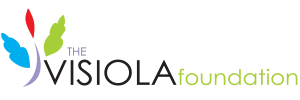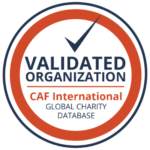the visiola foundation e-newsletter
Issue Q3, 2020
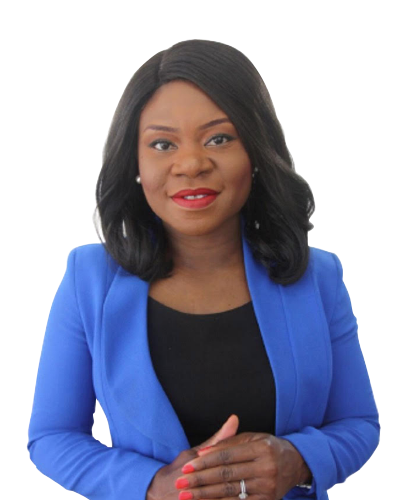
Ladé Araba
Founder and President of the Visiola Foundation
Founders' Corner
Precision medicine incorporates the uniqueness of people’s genetic makeup, environment, and lifestyle in drug discovery and disease treatment. It assumes that these underlying factors influence infection rates, cures, and the vaccinations required to treat patients effectively.
Most genomic data in use today is derived from North America and Europe. This means that most medicines and treatment plans currently do not factor in African genetics, effectively limiting medical breakthroughs that could radically transform the disease burden, quality of life, and morbidity rates in the region. It is therefore critically important to assiduously gather African genomic data to drive medical research and development in the production of drugs and treatments to non-communicable and infectious diseases; which have ravaged the continent for decades. Moreover, the on-going COVID-19 pandemic, with its moderate impact in Africa, further highlights the importance of developing the field of precision medicine to better serve the region.
For this reason, the emergence of audacious startups like 54Gene is encouraging. The company states its mission as; “We exist to close this gap [in genomic data] by increasing access to highly curated genomic data from African populations.” The magnitude of their potential impact is formidable.
The firm relies on rigorous scientific research led by seasoned experts, and draws from teams of globally renowned professionals through a Board and diverse advisory committees. Ultimately, 54Gene will play an important role in building the technical capacity for R&D and scientific breakthroughs by African researchers and scientists. It is an exciting trajectory that we will follow closely. We expect that a number of our students will be inspired and motivated to pursue this career track, especially given the numerous role models present at 54Gene; which comprises a gender diverse team.
This quarter, we continued running virtual programs, including our annual STEM Summer Camp for Teen Girls, Coding Boot Camp for Girls, and Career Talks. We are delighted to report that some of our students received notable awards, internships, jobs, and university admission.
We hope you enjoy reading about our students’ activities during Q3.
Warm Regards,
Ladé
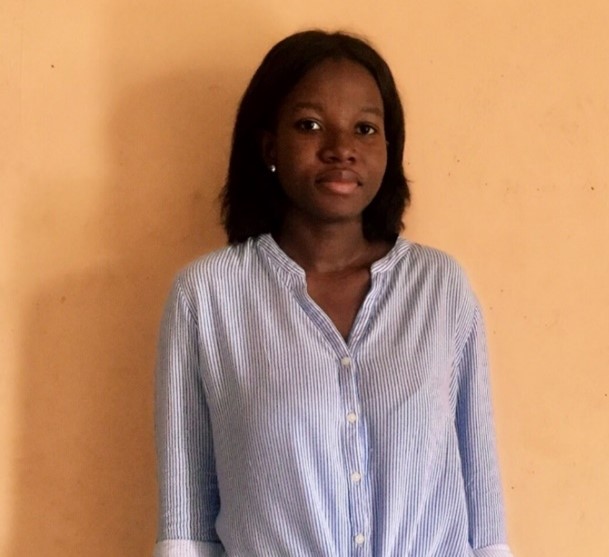
Mary graduates from Ashesi University with a BSc in Electrical And Electronics Engineering (Cgpa: 3.4/4.0) Dean’s List
SCHOLAR GRADUATES FROM ASHESI UNIVERSITY WITH A BSc IN ELECTRICAL AND ELECTRONICS ENGINEERING (CGPA: 3.4/4.0) Dean’s List
Being enrolled in Ashesi University with the financial aid received from the Visiola Foundation (and laptop from Mrs. Araba) has been one of the best experiences in my life. I have grown intellectually, socially, and academically.
My entire four-year journey at Ashesi University studying Electrical Engineering has been full of ups and downs which has helped in shaping various aspects of my life. During my first two years at Ashesi University, it was quite difficult adjusting to the university’s system, specifically managing the academic pressure associated with the courses I took and also balancing this with my social life. One thing that helped me cope and sail through was the regular mentorship sessions I received from the Visiola Foundation.
The Foundation connected me with experienced and reputable mentors who shared their experience on how they were able to cope with academic pressure during their college days. These mentors also provided advice on the skills needed in the working environment and the expectations of most employers, which helped me better handle my academic life. Also, getting involved in the Visiola Foundation’s STEM camps as a facilitator helped me develop better communication skills and more interest in web development and robotics.
All too soon, my four-year journey was coming to an end and I was really looking forward to my last semester physically at Ashesi University and the graduation ceremony which was disrupted by the COVID 19 pandemic. Moving lectures online and studying from home was a bit challenging because I had to balance school work with house chores.
However, this did not prevent me from successfully completing my four-year journey and graduating with an Electrical and Electronics degree. It is only sad that I will not be able to walk across that stage physically to receive my certificate and thus, will have to be contented with the virtual graduation after working so hard for four years. I hope by the set date of the graduation ceremony (August 2020), this pandemic dies out so that there can be a physical graduation ceremony and I can celebrate as I have always intended.
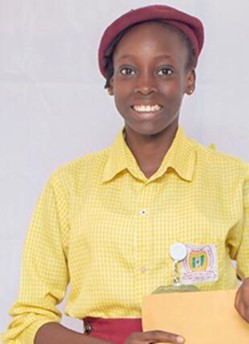
Anjola (14) was selected as a World Science Scholar!
ASCG STUDENT SELECTED AS A WORLD SCIENCE SCHOLAR!
Anjola (14), a Visiola Foundation student since 2018 was selected as a World Science Scholar! She was one of 28 students from 14 countries chosen to participate in this prestigious program. She shares her story below.
“Becoming a World Science Scholar has provided me with a unique opportunity to join a vibrant community of world-renowned professors, dedicated teaching fellows, and dynamic coaches. The Visiola Foundation nominated me and I was delighted to receive notification of my selection. I began taking online classes on July 10, 2020 and have been learning about science, Einstein’s Special Theory of Relativity in Physics, the detection processes that led to the first and also recent trailblazing discoveries in gravitational waves, and many other theories. My fellow scholars and I are engaged in weekly science classes and I am learning so much. The content of these courses is intellectually rigorous, interdisciplinary, and is designed to challenge and inspire us.
We were encouraged to work collaboratively, to tackle complex problems, make substantial mental leaps, and grow in our ability to exercise independent, creative, and critical thinking. Although the professors, teaching fellows and coaches guide us sequentially through the courses that are designed to maximize collaboration and community-building, we have the flexibility to work through the learning activities within each course at our own pace.
I have also been receiving mentoring from leading global professors. This experience further extends far beyond coursework. It has provided me with opportunities to work with students from other countries – an experience I never imagined I would have at this stage in my life. I cannot wait to take back all I have learnt to the Visiola Foundation’s After-School STEM Club for Girls when school resumes.
I look forward to attending the World Science Festival in New York after successfully completing the first year. Thank you so much Visiola Foundation for nominating me, and to the World Science Festival organization for the opportunity.”
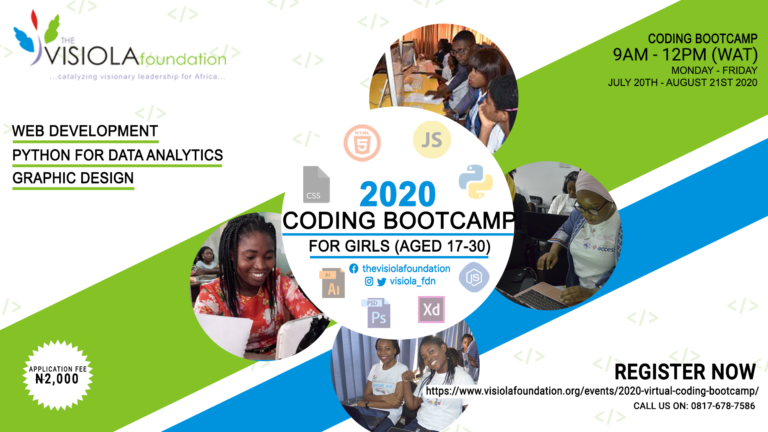
OUR FIRST VIRTUAL CODING BOOT CAMP
The Visiola Foundation held its first virtual Coding Boot Camp (CBC) on July 20 – August 21, 2020. The participants were taught the fundamentals of computer programming, including Full Stack Web Development, Data Analysis using Python and Excel, SQL, Graphic Design, Version Control with Git, and GitHub. The boot camp ended with student teams presenting final projects to a panel of judges, including Elizabeth Kolade (Cyber Security Analyst) and Chinwe Ogbujah (Head Instructor). The projects comprised an E-commerce site for fresh farm produce, a platform to provide information about COVID-19, and a platform that gives students access to resources for learning.
The presentations were judged by the following criteria:
- Technical soundness.
- Business Model and commercial viability.
- Overall pitch.
In line with the Foundation’s 360-Degree Developmental Learning Model, participants received direct mentorship from seasoned female Software Developers, including Nkem Begho (CEO, FutureSoft), Yetunde Sanni (Researcher in AI & Robotics) and Olaide Agboola (Software Developer, Andela).
Ebun Aribido (28), a graduate of the virtual CBC was offered a web development internship with the Ottawa Good Food Box in Canada, and began her role on October 5th. She and other students share their experience below.
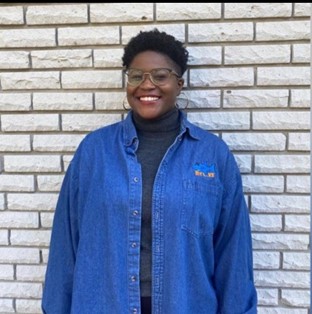
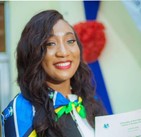
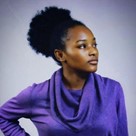
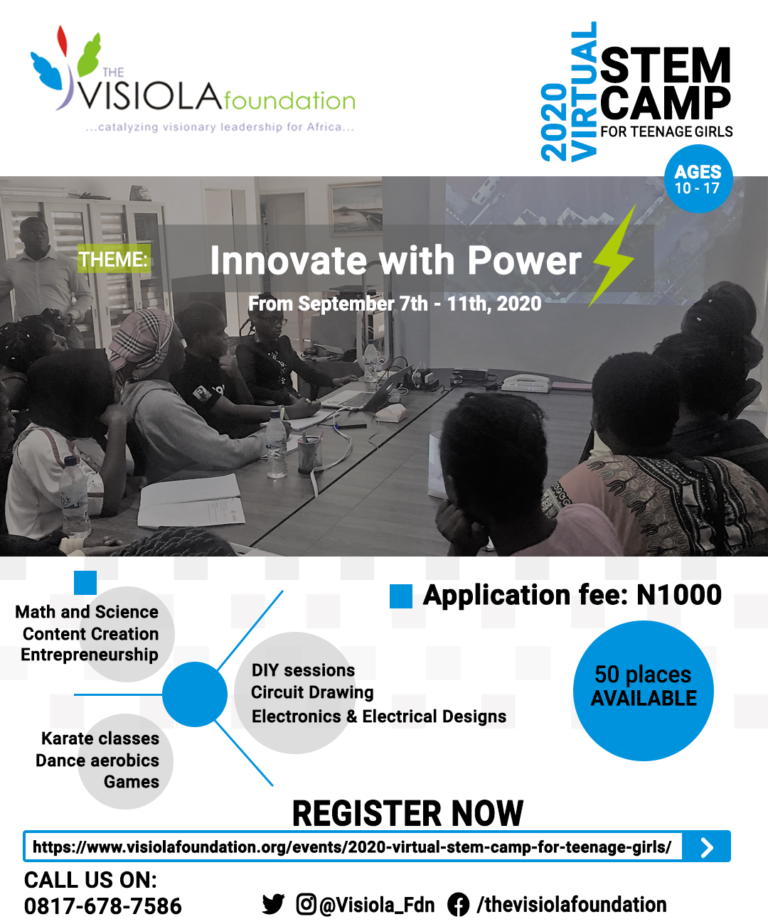
STUDENTS LEARN ABOUT RENEWABLE ENERGY IN THE 2020 VIRTUAL STEM SUMMER CAMP
The Visiola Foundation’s STEM Summer Camp for Teenage Girls went virtual due to the COVID-19 pandemic. It was an exciting five-day program that took place on September 7 – 11, 2020.
The theme for this year’s camp was, “Innovate with Power.” The students were introduced to the science and engineering behind Renewable Energy. They also learnt the functions of sensors, resistors, diodes, and electrical connections; while gaining a foundational understanding of wind power generation.
They worked on individual assignments and group challenges to enhance their learning, critical thinking, analysis, and problem-solving abilities. Some of the individual projects included wind turbine prototypes built using scrap materials and connected to cardboard model homes and street lights that were electrified through the turbine and the battery storage. The students utilized the knowledge gained in circuit design to light their models.
Students also received mentoring from Kiara Galvas Reyes (Project Management Officer, Avaloq) and Djata Sigam (Business and Technical Consultant, Avaloq) who shared their educational and professional journeys and how they overcame numerous challenges as Black women working in tech.
The camp ended with a closing ceremony that included a presentation of the students’ final projects; which included: i. a battery-powered generator used for powering machines and which serves as a backup to ensure that appliances receive uninterrupted power supply; ii. a wind-powered house prototype that connected to a wind turbine prototype with a backup battery; and iii. a USB-powered rechargeable lamp that can be used to power other electronics.
The teams presented their final projects to a panel of judges, comprising Bridget Ujah Ogbuagu (Research Fellow, Tech Innovations in Security) and Chiamaka Madueke (Data Analyst, Petjoa Global Investment). The closing ceremony also had other guests in attendance including Mr Segun Bodunde (Parent), Mrs Blossom Udonsi (Parent), Mrs Aisha Suleiman (Matron, After School Club for Girls at one of our partner Government Secondary Schools), and Djata Sigam (Business and Technical Consultant, Avaloq).
Below are quotes and projects from some of the students.
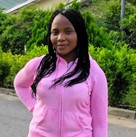
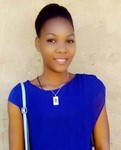
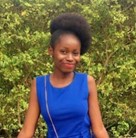
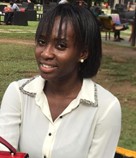
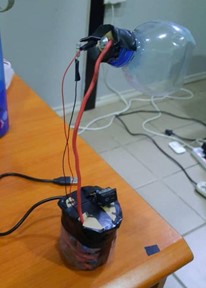
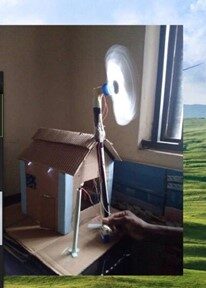
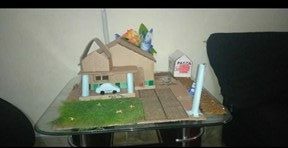
VIRTUAL CAREER TALKS WITH STEM PROFESSIONALS
The Visiola Foundation launched its ongoing Virtual Career Talks with seasoned STEM Professionals on July 17, 2020.
These interactive talks expose students to a variety of career options in diverse STEM fields. Students listen to the respective journeys undertaken by each speaker to attain their current positions and professional success. The speakers candidly share their struggles, how they overcame life challenges, what motivates them, and their tips for success. The sessions enable students to ask practical questions about their academics, what to study, and how to make career decisions. Video recordings of the sessions are available for viewing:
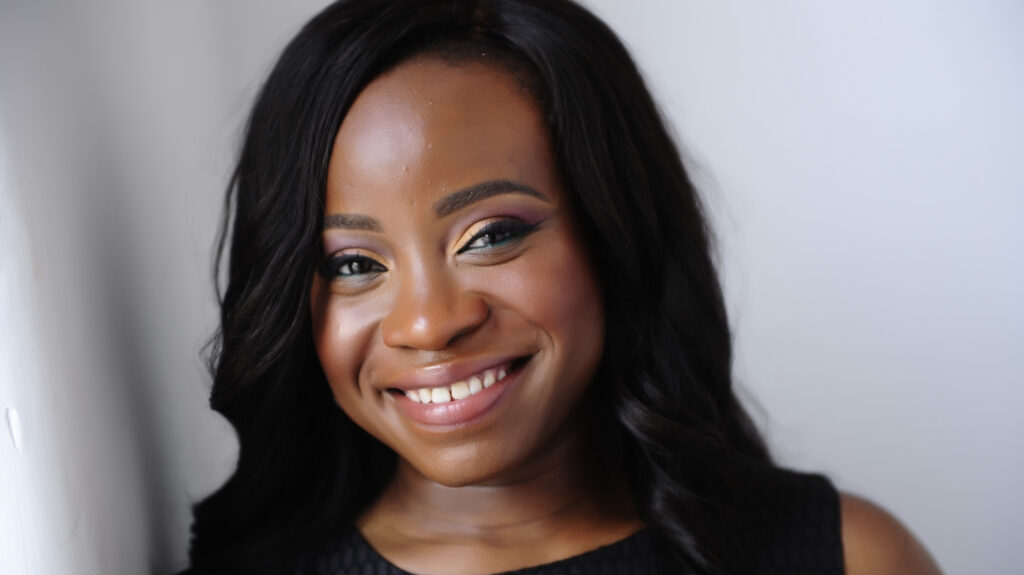
Dr. Ozak Esu (Technical Lead, Construction Hub, Uk and BRE,Women in Engineering IET Winner)
Dr. Ozak Esu
Virtual Career Talk – Electrical Engineering
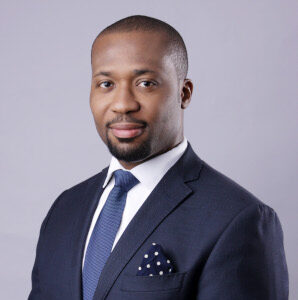
Obiora Okoye (Co-Founder/Managing Director, Blackaion Capital)
Obiora Okoye
Virtual Career Talk – Renewable Energy
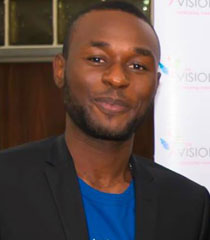
Francis O’size (Country Director Nigeria, e2 Young Engineers)
Francis O’size
Virtual Career Talk – Robotics
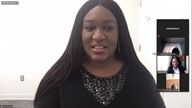
Arit Amana (Founder, Our Time for Tech)
Arit Amana
Virtual Career Talk – Software Development
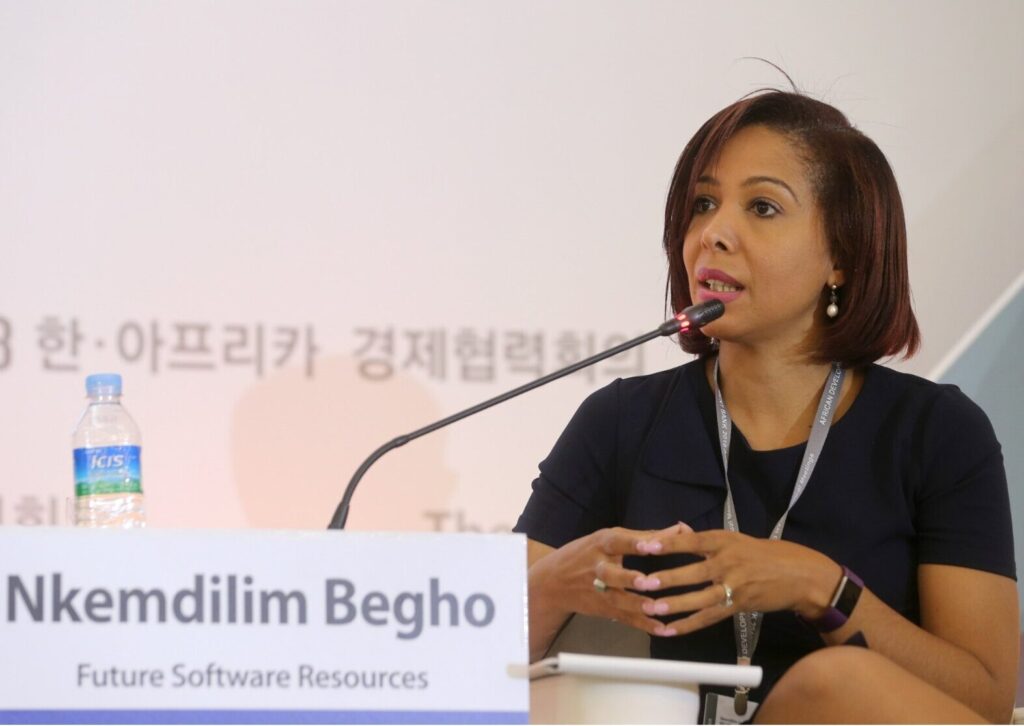
Nkemidilim Begho (CEO/Managing Director, Future Software Nigeria) – Software Engineering
Nkemidilim Begho
Virtual Career Talk – Software Engineering
did you know
Less than 40% of countries provide girls and boys equal access to education. Only 39% of countries have equal proportions of boys and girls in secondary education.
130 million girls between the ages of 6 and 17 are out of school and 15 million girls of primary school age – half of them in sub-Saharan Africa will never enter a classroom.
8 out of 10 young people in Europe have five or more years of experience on the Internet, while only about one in 10 young people in Africa has had similar network experience.
If all women in sub-Saharan Africa completed their primary education, maternal mortality would fall by 70%.
Educated mothers mean healthy children. A child born to a mother who can read is 50% more likely to survide past the age of five.
An educated female population increases a country’s productivity and fuels economic growth. Some countries lose more than $US1 billion a year by failing to educate girls to the same level as boys.
Education girls is one of the most effective strategies to combat child marriage, especially as they progress to secondary school. When a girl remains in school, she is six times less likely to marry young.
If all children in low income countries left school with basic reading skills, 171 million people could be lifted out of poverty. This is equivalent to 12% cut in global poverty.
Worldwide, women’s access to finance is disproportionately low. In sub-Saharan Africa, only 37% of women have a bank account, compared with 48% of men, a gap that has only widened over the past several years.
Source: UIS, UNESCO, UNICEF, World Bank, thegirlslikeme
